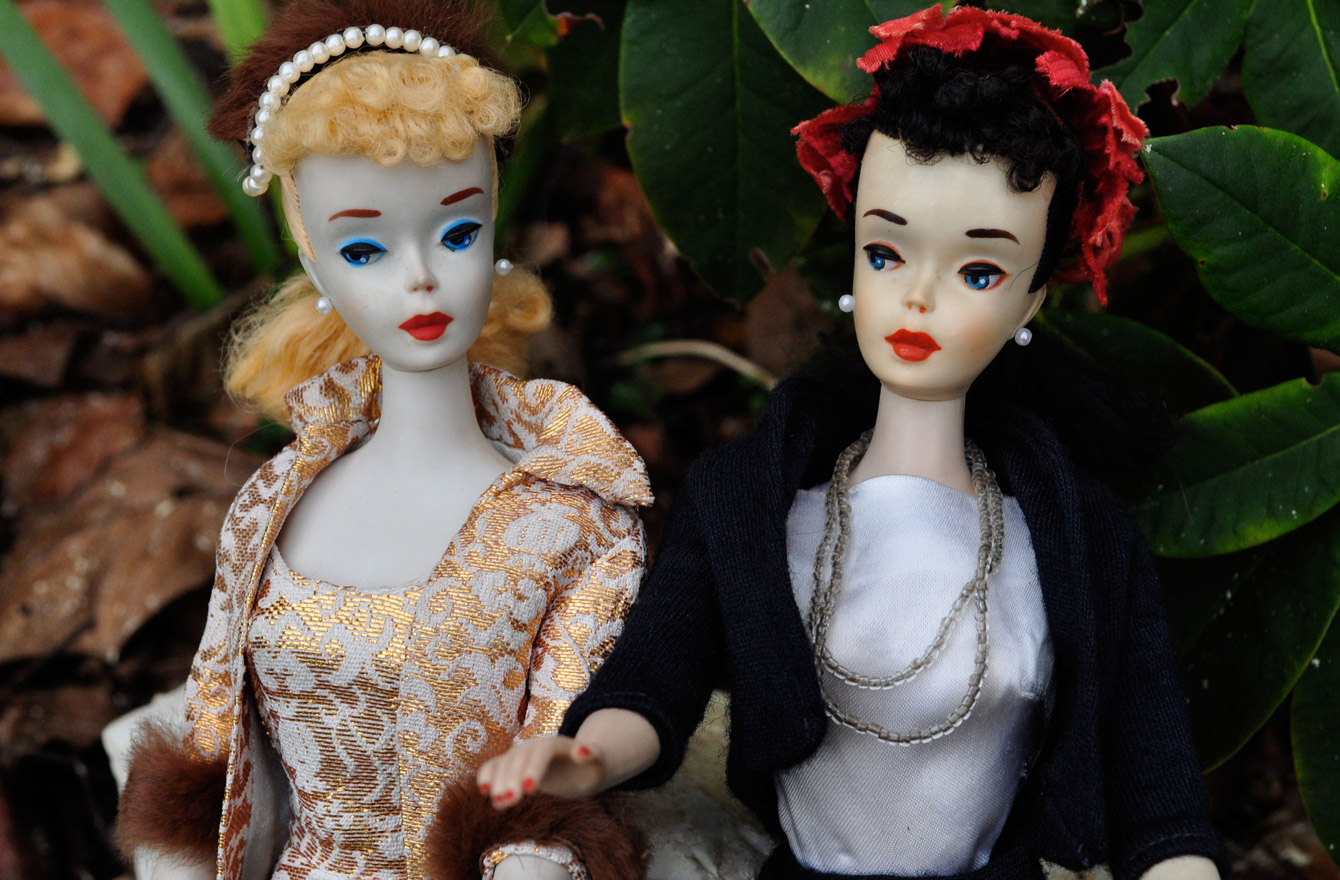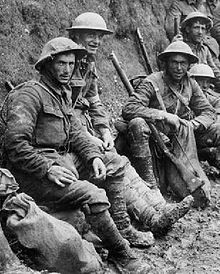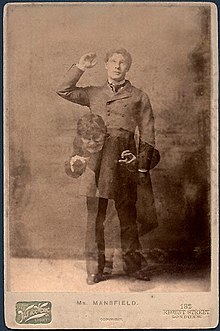This short story was entertaining, I really did enjoy it! I did however, cringe at all of the statements made about women in it, especially the long list of what the ideal wife is. “This girl should keep her eyes lowered and, because she is embarrassed and shy, her head bowed, as well. Nobody wants a girl who stares people right in the face with big froggy eyes. She should be fair-complexioned, but if she is dark the dowry must include at least one of the following items: A television set, a refrigerator, a Godrej brand steel cupboard.” It rambles about all these things the bride must do, but the one thing he said that really made my jaw drop other than the fair complexion is “This girl should have passed all her examinations in the first division. But will listen respectfully as you lecture her on various subjects you yourself failed in secondary school.” This short story shows the personality and looks that a woman must have and surprisingly, most of these are similar to America’s expectations of women. Looking at the book as a whole, it shows the idea that women must be perfect, not too dark and not too light, must know things but still listen to men, even if they obviously do not know what they’re talking about. It's all about the woman being perfect, never about the man and how he's literally up in a tree, doing nothing. They’re still worried about the womans worth, and even if she was born with a darker complexion, the son’s family is expected to get more as if being darker-skinned makes a woman less valuable. It was a harsh reality to read, knowing that these impossible and ridiculous expectations are put on women all around the world. According to Paula Davis-Laack,
“We live in a world that teaches girls to judge their worth based on looks rather than abilities. In addition, girls get the mixed message that they should be themselves but be perfect too. “ Desai uses these drastic expectations to shed light on the problem of marriage, but also on the problem of how women are viewed. When talking about women, they’re either talking about them being overemotional, upset, or obsessing about clothing. The main thing Desai is getting at in this part of the short story though is that, what the boy does doesn't matter. The girl, however must be absolutely perfect or you basically have to beg to give her away to be married. According to Joe McCarthy, “Women who can’t pay an expected dowry price or who are unable to make additional payments in the future are often subject to harassment and abuse. Other times, husbands or in-laws throw acid on a woman or set her on fire.” Girls parents should not be prideful, but the boys should. “This, after all, is the boy’s family. They’re entitled to their sense of pride.” Desai did a great job in making my inner feminist feel anger towards the expectations about women in this. This shows a lot about how ridiculous and tedious our expectations of women are around the world. The only thing we can do to change it is become knowledgeable about these impossible standards and change them, let women be who they want to be.
Works Cited
Davis-Laack, Paula. “Will We Ever Let Girls Be Good Enough?” Psychology Today, Sussex Publishers, www.psychologytoday.com/us/blog/pressure-proof/201206/will-we-ever-let-girls-be-good-enough.
McCarthy, Joe. “9 Reasons Why Dowries Are Horrible for Women.” Global Citizen, www.globalcitizen.org/en/content/8-reasons-dowries-are-bad-for-women/.




